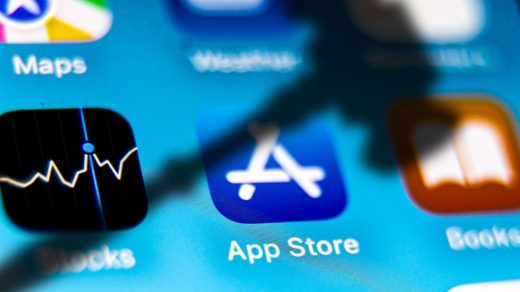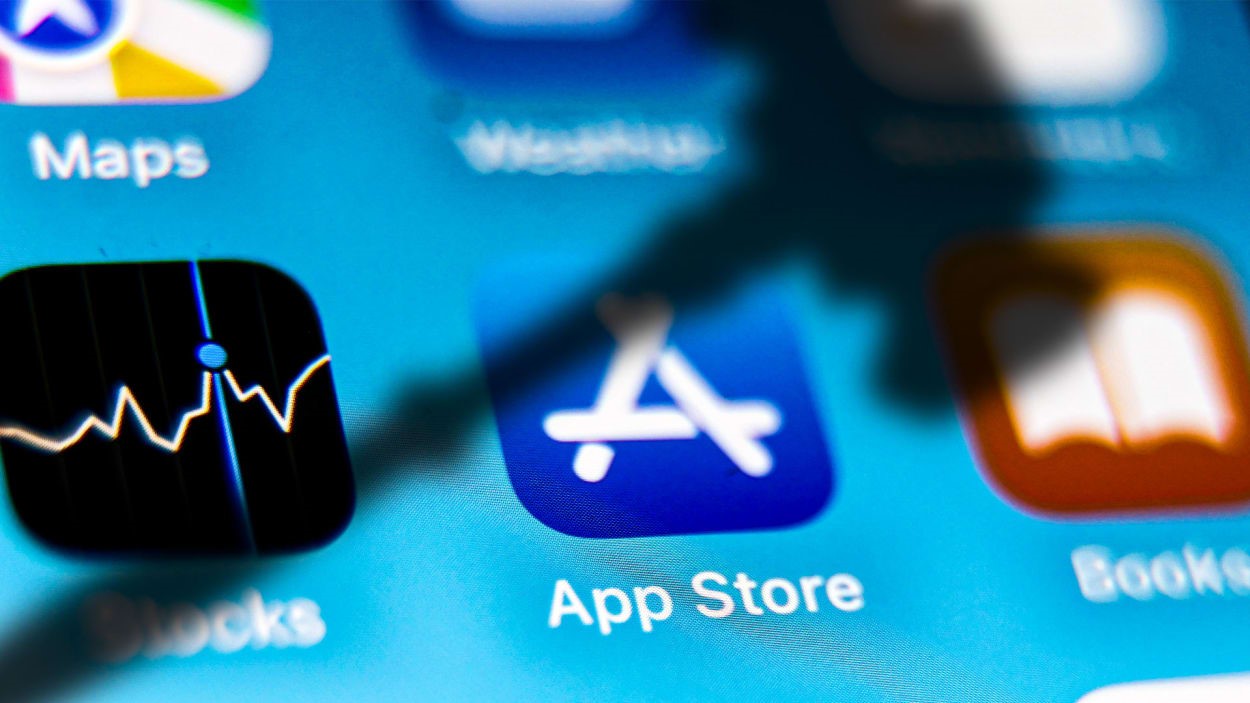Apple’s facing a landmark lawsuit that could involve almost every iPhone user ever
By Clint Rainey
A federal judge has decided that a group of some 100 million Apple account holders have standing to sue over high App Store prices, setting the groundwork for a lawsuit with one of the largest plaintiff classes ever.
For years, Apple has been hammered for what critics call the “Apple tax” structure that eats up 30% of the revenue generated by in-app purchases. Until now, it has only been big app developers like Epic Games fighting back in court—and thus far, not very successfully. What sets this latest antitrust case apart is that it marks a major turning point in a 13-year saga to sue Apple on behalf of the end consumer, the actual iPhone users, who argue that those high-commission rates result in them being overcharged as the customers.
Apple has been forced in recent months to address developers’ unfair market claims. But this case, headed to court later this month, represents a first for regular old consumers. Apple did not respond to Fast Company‘s request for comment.
The lawyers behind the case—Mark Rifkin and colleagues at New York litigation firm Wolf Haldenstein Adler Freeman & Herz—have been maneuvering to secure class-action standing almost since the App Store debuted, back in 2008. The firm’s previous successes include forcing Warner Music Group to stop charging licensing fees to sing “Happy Birthday to You,” and Rifkin’s team has stayed busy filing motion after motion in the Apple case since December 2011 (this case’s docket currently lists 789 filings over a period of 12 years).
What helped change the equation was a 2019 Supreme Court ruling where Brett Kavanaugh broke from the conservative justices and agreed that because the only way to buy iPhone apps is through the App Store, Apple’s commissions represent “a cost passed on to consumers by independent software developers,” which gave iPhone users the ability to sue Apple directly. Previously, the belief was that only the direct purchasers could collect damages in antitrust cases (here: the app developers). But Kavanaugh wrote: “There is no intermediary in the distribution chain between Apple and the consumer.”
The plaintiffs filed a new petition for class-action status. It went before U.S. District Judge Yvonne Gonzales Rogers, and Rifkin’s crew even called in some big guns to testify, for good measure: UC Berkeley economist Daniel McFadden and Rosa Abrantes-Metz, another prominent antitrust expert, argued that Apple’s 30% fee is a tax ultimately borne by consumers, and that a competitive rate would be under 14% (around what Microsoft charges). Apple’s attorneys moved to exclude their testimony as unsound. Rogers felt it was at least sound enough for trial—McFadden has won the Nobel Prize in economics—and on Friday she granted class-action standing.
One hurdle that plaintiffs faced was establishing how many Apple account holders might qualify. Many, if not most iPhone users have made in-app purchases—how would one determine which were elevated, thanks to Apple’s unusually high fees?
That actual answer is for the courtroom, but making sure not to overcount the people in the class was critical to Rogers, regardless. Rifkin’s team narrowed it to include only Apple account holders who’d spent at least $10 on in-app purchases.
In Friday’s order, Rogers said she isn’t convinced their parameters might not accidentally apply to millions of accounts that suffered no harm. But the numbers being tossed around are still staggering: Rogers wrote that based on McFadden’s math, she’s “concerned” there could be “an estimated 7.9% or 10,283,035 million uninjured accounts,” which puts the number with a claim north of 115 million.
Rogers has scheduled the first case management conference for February 26, where the two sides will see if they can settle their 12-year legal war without going to trial. But don’t expect Apple to settle: That would mean having to issue a written notice informing tens of millions of Apple customers that the App Store overcharged them—a reputational hit that wouldn’t help Apple’s case for continuing to demand such a hefty revenue cut, and would seem to grant that the other side’s got a point when it says to beware of the App Store.
(10)



